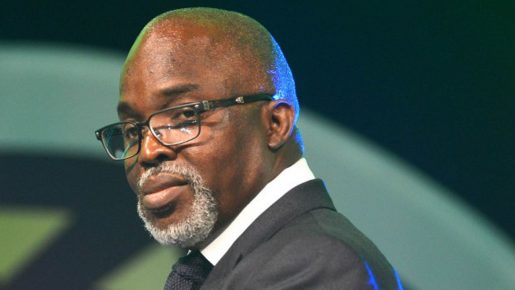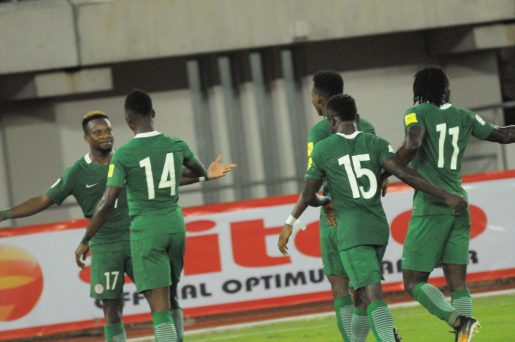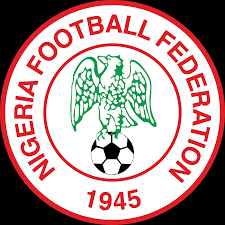The decision by FIFA to fine the NFF and strip the Nigerian national team of a point earned in a World Cup qualifying game in Algeria, exposes an ineptitude that had pervaded the Nigerian federation for sometime now. Sure, this FIFA decision concerns the fielding of an ineligible player in a World Cup qualifier but it exposes much more than that.
A few years ago, it was surprising that the NFF could not tell whether Joseph Yobo had played 100 or 101 games for Nigeria. This was a simple matter that NFF, if it had appropriate records, could have easily verified. A simple check would have easily established that Yobo had played 100 games for Nigeria and that he had been wrongly credited with a game against Lesotho in Warri, which he never played. Yet, NFF showed no signs that it had any record of the game in Warri. The NFF continues, in spite of evidence to the contrary, to claim its year of establishment as 1945. There are media records that establish the foundation year of the NFF to be 1933 and provide details of that inaugural meeting of 1933. Yet, the NFF continues to stick to 1945, in spite of information to the contrary.

Those mishaps mentioned above are symptomatic of an organization that has not taken record keeping and decision making seriously. This time it has cost a fine and nearly cost Nigeria a World Cup qualification. If, indeed, the NFF kept a record of Shehu’s caution from Swaziland game, why not rely on reading the rules for the 2018 World Cup competition instead of making an assumption as claimed by Mr Pinnick? It is an indictment on NFF’s decision making process that the organisation relies on assumptions instead of following written rules.
That NFF President Pinnick Amaju has now called for an internal investigation and promised that heads will roll is a start but what exactly does this decision bode for the future regarding record keeping and decision making at the federation? Mr Pinnick has also directed that the Technical Committee shall have oversight on matters such as player eligibility. What difference will the committee’s oversight make?

As I see it, the result of the internal investigation and expected sanctions must be made public. In the past, public apologies and investigations have been made and in the end no action was taken nor results of investigation made public. This is a test that Mr Pinnick faces. It is a test of trust and credibility. He must come clean by not only making noise about calling for an investigation but also making noise about the findings of such investigation and the action taken based on the findings that follow. Any thing less is business as usual at the federation.
Business as usual has already been signalled by his statement that a committee, which meets irregularly, shall have oversight on player eligibility. In my opinion, this move is ill advised. There is an NFF Secretariat, which operates on a daily basis with staff that should handle player eligibility. There is a Secretary who oversees that office and the responsibility belongs to that office to ensure that Nigeria uses eligible players in international competitions. It should not be the responsibility of a technical committee that does not operate administratively on a daily basis. The Secretary, Mr. Sanusi, must be proactive in organising his office to ensure that this never happens again and that there is proper and ongoing record keeping and that decision making process is one that is based on best practice and not assumptions. Assigning an administrative duty to a committee is poorly thought and bound to fail.
Mr Pinnick has shown willingness, and at times commitment, to move the federation into an era of best practices. Record keeping is an area that he has hardly touched upon and there is best practice in record keeping and decision making as well. He now has the opportunity to change the poor culture in record keeping and decision making that pervades his organisation. He must act effectively by thinking through the processes and creating a lasting solution. Clear thinking is a must if Nigeria is to avoid re-occurrence of administrative bungling that nearly cost Nigeria a 2018 World Cup appearance.









